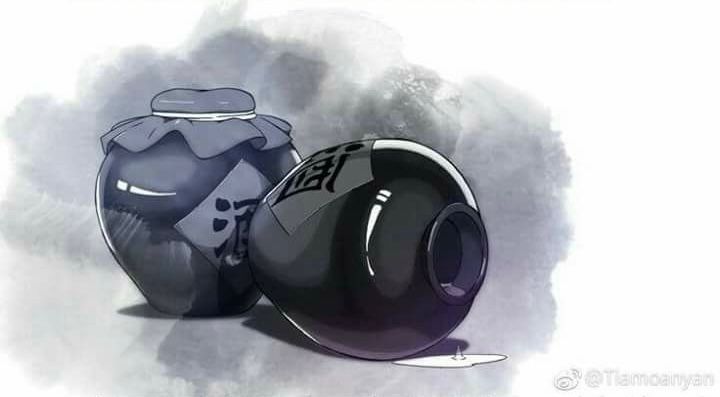A few years ago, I suffered from reading fatigue. I thought maybe it was screen fatigue, so I bought some hard copies. It didn’t help. For a while I couldn’t get myself to complete a book. One day I started reading a translated book and I loved it. Then I read another translated book and loved that one too. Hence I entered a translated-book phase. I realized that it was neither reading nor screen fatigue. I was tired of reading the same linguistic systems of cultural conceptualizations.
Growing up, we didn’t have many options to read from. We relied on our school libraries and small-town bookshops that did not always have the most diverse collections. Sometimes out of boredom I’d find myself reading the grammar books lying around my house. I liked the ones with speech bubbles because they felt like reading a story. “James, are you planning on stopping by the park?” “No, I’m not. I’ll catch you next time.”
Anyway, we read whatever we found, mostly written by native speakers. Translated text felt refreshing. Soon I realized that there are two types of translation: one that fully localized the nuances, humour and idioms, and one that did not. Most people I’ve spoken to seem to think the first type is of superior quality, that translations are supposed to cater to the target language, that a good translation doesn’t let us hear the original language in the background. I prefer the latter.
I read a lot of wuxia danmei books and until recently, most of them did not have official translations. But there are some really good fan translations that I love to read. And while these fan translators don’t exactly translate word-to-word, in most cases they retain the original flow of phrases, and they don’t actively try to localize the colloquialisms. They don’t try to suck up to a specific target audience. They tell the story as it is, and it’s up to the reader to like it or not. Maybe to those who are not used to this kind of translation, it ends up sounding a bit choppy and out of tune, but I like it that way. I like that it breaks the usual linguistic systems we normally find in a native speaker’s work. It helps me understand the nuances of that culture. (Of course there are always a generous amount of footnotes to explain the subtleties)
For example, this phrase I found in Qiang Jin Jiu fan translation, “The days are short, and the nights are long. Why not hold a candle for a leisure walk?”. They could have simply translated it to “Why not take advantage of it while we can?” or something like that. But that loses the heart of the text. Translating as it is shows that these characters don’t speak in direct words. They express their thoughts and intentions through complicated analogies, idioms and poetry. These are clever, sly, scheming Ming Dynasty court officials. I love knowing that. I love understanding linguistic relativity through this, how the way people speak or describe things shapes how they think and see the world.
When the official translation of Mo Dao Zu Shi came out, I was ecstatic. I was one of the early bird orderers of the book. When I finally got the paperback, I was utterly disappointed to see that they referred to the ‘Emperor’s Smile’ as ‘booze’. The name of the alcohol special to the Gusu region is called the Emperor’s Smile and it comes in small black jars (in the book. White in the live-action adaptation) I waited four months for it to be out, and paid Nu. 2,500 to read Emperor’s Smile being referred to as ‘booze’. I was so appalled that for a second I wanted to email the Seven Seas Entertainment for this. But that seemed conceited, as if I was a linguist expert, so I didn’t. I still couldn’t believe they did that though. Emperor’s Smile (天子笑 Tiānzǐ xiào) is even mentioned in Lan Wangji’s character song, Bu Wang. This to me was unforgivable, no matter if they were attempting to translate it in a way that suited a certain section of international readers.
I love having a physical copy of the book, but the one I go back to read is the fan translation.




